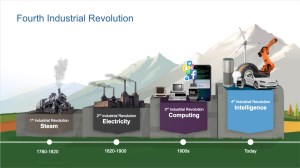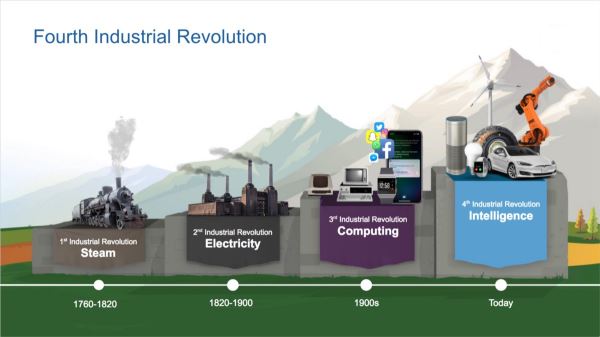Each industrial revolution has brought with it fears that new technology will cost jobs – but the reverse is the case, says one tech expert.
Eric Holtsmark, general manager – strategy, transformation and technology, Konica Minolta, says with new and emerging technologies such as artificial intelligence (AI) and robotic process automation (RPA) it’s more likely that people will be freed from mundane, tedious, repetitive tasks.
That means they can work more productively on tasks that interest them more.
“At a time when businesses have been disrupted, it’s important for organisations to be aware of the potential for technology to help them on their road to recovery and propel their business into a whole new level of growth,” Mr Holtsmark says.
In many businesses, routine tasks are done by administrative staff who quickly become adept at data entry and manual work. This can take up most of their time, preventing them from being creative, contributing to growth, and enjoying their jobs to the fullest extent. It can also cost companies in terms of both money and missed opportunity.
“Companies that embrace automation technologies, whether for simple process automation or more complex AI-powered decision-making, can provide a far more desirable employee experience, says Mr Holtsmark. “They can also reduce the number of costly errors that can occur when processes are manual, as well as leverage their employees’ capabilities for improved productivity. It’s a win-win."
Konica Minolta has identified four key ways that technology can drive improved work conditions for employees and businesses:
1. Process automation
Automating repetitive, manual processes frees up time and headspace, so employees can work on more creative and complex tasks. Automation can also ensure these tasks are done faster, more seamlessly, and without errors. Furthermore, because the systems that underpin process automation never need to take breaks, these processes can be managed 24/7.
2. AI for decision-making
In many cases, AI algorithms have been shown to make decisions that lead to better outcomes for companies, such as investment decisions or customer acquisition recommendations. Organisations that leverage AI for decision-making can achieve better results while freeing up talented staff members to focus on the elements of decision-making that require human intervention. This increases productivity and revenue.
3. Robots for customer service
Chatbots are already in use in many companies to automate the customer service experience. In some cases, customers aren’t even aware that the customer service representative they’re chatting with online is actually a bot rather than a real person. Chatbots can deal with the vast majority of customer enquiries, freeing up human customer service representatives to work with customers who have more complex needs.
4. Mobile collaboration technology for increased flexibility
One of the key elements of work in the digital era is employees’ expectation that they should be able to do their work from anywhere without compromising security or productivity. New and emerging collaboration tools are paving the way for people to work when, where, and how it pleases them. In a workplace affected by COVID-19 this flexibility has never been more important. It can also help organisations attract and retain top talent by providing an employee experience that suits each individual.
And Mr Holtsmark says the potential for technology to improve the work experience for employees is not limited to these four areas.
“With so many technology advancements occurring at such a rapid rate, there are myriad options that can help drive a better way to work.
“Employees that have access to the latest technology tools to facilitate seamless working and let them concentrate on the tasks they enjoy most are more likely to be deeply engaged and loyal to the organisation.”


